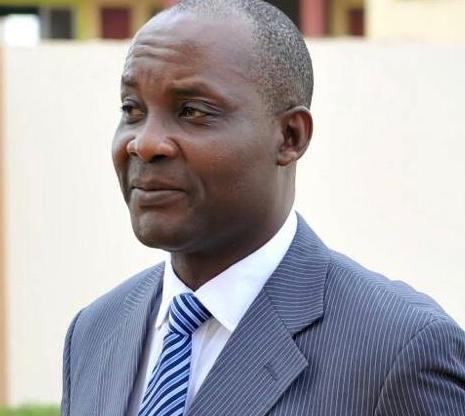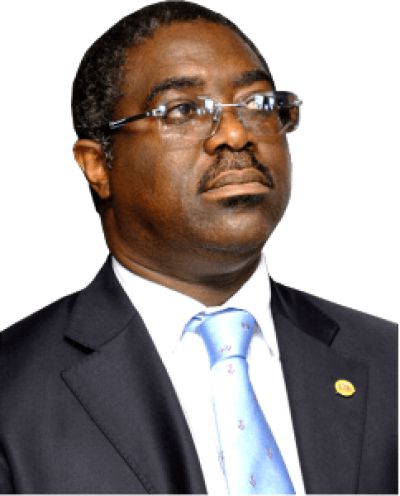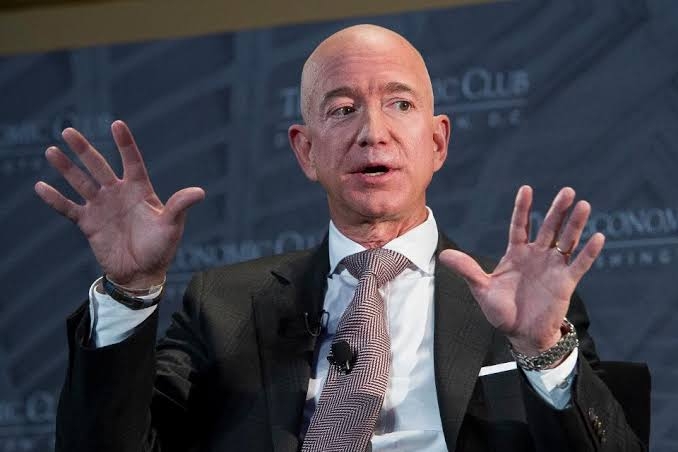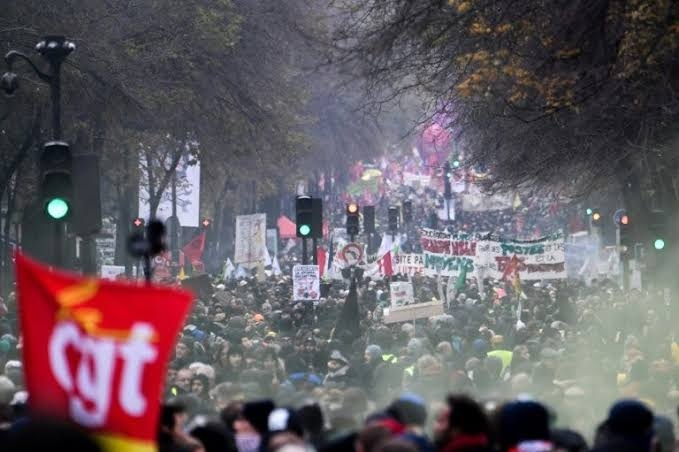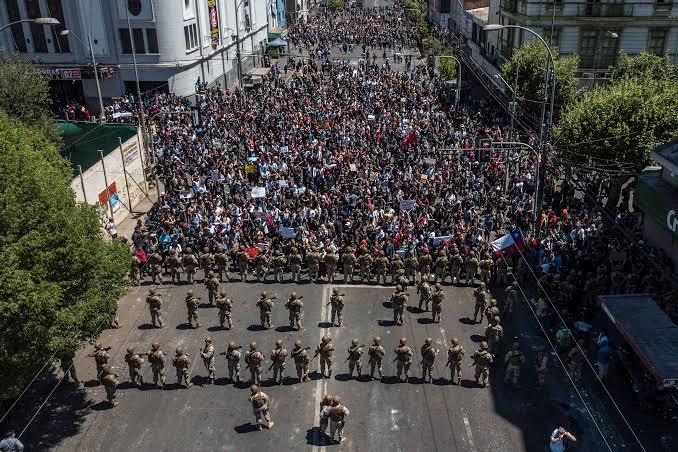In a memo by the Presidency to Mr Babatunde Fowler, Executive Chairman of Federal Inland Revenue Service (FIRS), the revenue boss was asked to explain why “actual collections for the period between 2016 and 2018 were significantly worse than what was collected between 2012 and 2014.” The memo also sought explanations for why actual revenue collections were consistently lower than projections in the three years under reference. Fowler was appointed to the position in August 2015.
For the discrepancies between targets and actual collections, the numbers are N5.008 trillion actual collection against the N3.64 trillion targeted for 2012; N4.806 trillion actual collection against the target of N4.469 trillion for 2013; and N4.715 trillion against the N4.086 trillion targeted for 2014. These give a total N14.529 trillion actual collection against N12.195 targeted for the three-year period. The extra N2.334 trillion represents 19 percent excess collection over projection for the period.
Under Fowler, actual collection in 2016 was N3.3 trillion against N4.2 trillion targeted; in 2017 it was N4.0 trillion actual against N4.8 trillion targeted; while in 2018, it was N5.3 trillion actual against N6.7 trillion targeted. The N12.6 trillion collected contrasts with the N15.7 trillion targeted for the full three years under Fowler. This represents 19.7 percent shortfall of target set for the 3-year period. In the 15-year period of 2000 to 2014, It was only in 2006 that failure to meet or surpass target occurred, despite the zigzag movement of GDP growth rates in that long period.
In gross terms, what Fowler collected between 2016 and 2018 was N1.869 trillion short of what was collected in the corresponding three years of 2012 - 2104. In real term - that is, controlling for inflation - Fowler’s actual collection of N12.6 trillion is worth only N7.2 trillion in 2014, if we discount 13 percent average annual inflation rate from 2018 back to 2014. It was for this dismal performance that the Presidency must have written to Fowler.
The parameters for assessing performance, to be sure, should be three: gross amounts actually collected, real value of actual collection (controlling for inflation), and target revenue set for the comparative periods. In the three parameters, Fowler failed spectacularly.
What was Fowler’s excuse for this failure? Low crude oil prices, the brief period of recession, and low GDP growth rates after recession. To start with, revenue targets are not set arbitrarily, but based on measurable indices as projected crude oil prices, GDP growth rate, inflation rate, Naira exchange rates, etc. Targets are also not set and handed to FIRS by some external authorities, but arrived at in collaborative work between Federal Ministry of Finance and FIRS on the basis of the measurable indices cited above. For Fowler to now seek to rationalise his failure on the basis of low crude oil prices and reduced GDP growth rates, both of which had been factored into the relatively low targets set for him, is to be clever by half.
When ex-President Olusegun Obasanjo assumed office in 1999, he met crude oil prices that went as low $12 per barrel. Yet, actual revenue collections consistently exceeded targeted revenue in his 8-year presidency, except in 2006. In the same period, GDP growth rates were sluggish.
Since Fowler mentioned the fact of lower crude oil receipts in the period under him vis-a-vis 2012-2014, it is important that we disaggregate that also. If, for instance, crude oil sold on the average of $100 per barrel in the period 2012-2014, while it sold for half of that in the corresponding period of 2016-2018, with the percentage royalty from the gross crude oil prices paid to Nigerian government kept constant, then, certainly the Petroleum Income Tax (PIT) paid to FIRS would be roughly half of what it used to be. But between 2014 and 2018, Naira was devalued from N160 to N306 to $1. Since FIRS is paid in Naira and its collections denominated in the same Naira, what was lost in reduced oil prices and sometimes reduced crude oil quantities was compensated for by the more Naira volumes collected for lower dollar volumes.
Whatever gross shortfall that might still remain (I doubt if any should) should be made up for in the expansion of the base from the 10 million tax payers Fowler inherited to the reported 20 million under him. Even if the new addition to the tax base paid only 30 percent of the extant amount paid by those inherited, the results posted by Fowler would and should have been far better.
In another defense of his performance, Fowler pointed out that non-oil taxes such as VAT, capital gain tax, stamp duties, etc, increased consistently on his watch. Good. But how did those other taxes increase steadily under the same inclement GDP and macroeconomic conditions that Fowler cited as his undoing? See the contradiction?
So, if the macroeconomic circumstances cited by Fowler as cause of his gross underperformance are not the culprits, what then is the cause?
In a news report by The Sun newspaper of August 26, 2019, many cases of corruption reported by key staff of FIRS were cited. While I do not have means of getting foolproof evidence of those allegations, but those of us who knew the goings-on in Lagos Internal Revenue Service (LIRS) under Fowler and subsequently, as well as the Barracuda of a godfather who nominated him to the post, were certain that Nigeria would get the short end of the stick under him at the FIRS. Fowler is too much of an establishment person, a social circle constant, to make any transformative contributions in FIRS. Did anyone one hear of any prominent player in the private sector prosecuted for tax fraud under Fowler? Dogs don’t eat dogs!
For a touted wizkid brought in time of crisis to make a fundamental difference in the revenue profile of the country to cite the same crisis that warranted his appointment in the first place as reason for non-performance is fraudulent and an insult to public intelligence.
Professor Ishaq Oloyede met a JAMB where his predecessor had been making a yearly remittance to the Federal Government of N3 million. In the first year of his tenure, he remitted N7.8 billion. Even after slashing the examination fee paid by JAMB candidates, and greatly improving both the processes and quality of the examination, Oloyede still remitted more than N5 billion after the last examination. We’re also aware of the transformation Dr Dada is making at the Federal Medical Centre, Ebute Meta, Lagos with the same inherited staff and allocated resources. These competent and honest Nigerians, to cite just two of them, are operating under the same harsh socio-economic environment that Fowler is crying about.
I close by asking the Presidency to beam its searchlights on other revenue generating agencies as the Nigeria Customs Service, NPA, NIMASA, Immigration, among others. A lot of incompetence and heists will be uncovered in them also. This is absolutely necessary given the alarm sounded by the Federal Government that the country is faced with the threat of a terrible fiscal crisis.
* Kawonise, a former Commissioner for Information and Orientation in Ogun state, is Publisher/Editor-in-Chief of NewsScroll newspaper

